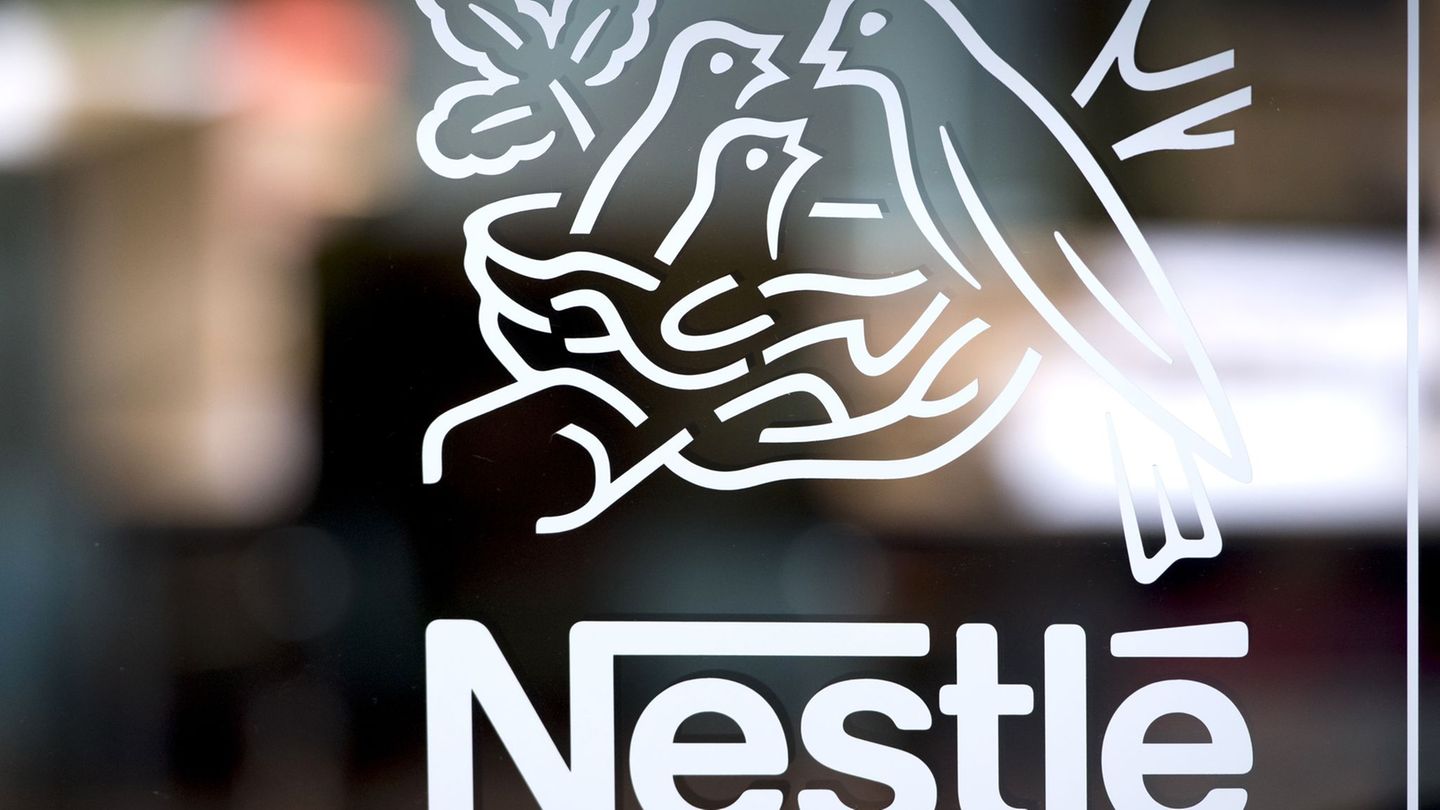Fake quotes from stars supposedly commenting on Ukraine are circulating on the Internet. The Federal Ministry of the Interior sees this as a continuation of the well-known Russian “Doppelgänger” campaign.
The Federal Ministry of the Interior attributes a disinformation campaign with fake quotes from German celebrities to the Russian “doppelganger” network uncovered in 2022. The campaign’s new tactics also included fake quotes that were “put into the mouths of prominent figures from the entertainment industry,” a spokesman for the Ministry of the Interior told the German Press Agency.
Recently, a few fake quotes have been circulating on social media, with actor Til Schweiger and “Rammstein” singer Till Lindemann being accused of making fictitious statements about Ukraine. These so-called sharepics were also displayed as Facebook ads.
The ministry is aware that the “doppelgänger” campaign “is still active and has not only used the tactic that gave it its name, i.e. imitating websites of existing quality media and public institutions, for some time now,” the spokesperson continued. The Interior Ministry is monitoring developments and is in contact with platforms and international partners.
The “Doppelgänger” campaign was revealed in 2022. In several EU countries, it spread fake websites that imitated media or institutions. At the end of July 2023, the EU placed five organizations linked to the Russian state and seven people as those responsible on the sanctions list.
EU fights against disinformation in the election campaign
In the fight against election interference in the EU, Germany and several other member states want to rely more on sanctions. Restrictive measures are an important tool against individuals and organizations that try to interfere in EU democracies, according to a proposal paper published on the sidelines of a Council of Ministers in Brussels.
In addition, the code of conduct to combat disinformation should be made into a binding set of rules. So far it has been a non-binding voluntary commitment from online platforms such as Facebook or Tiktok.
Other proposals include improving the ability to recognize fake news and propaganda and increasing the exchange of information between member states.
Attempts to influence from China too?
The background to the initiative is evidence that state actors from countries such as Russia are trying to influence public opinion in the EU with disinformation and propaganda. In particular, they use the possibilities for digitally distributing content via online platforms. In addition to Russia, China in particular is also accused of professional attempts to influence.
The proposals were drawn up by Germany, Poland and France, with the support of around a dozen other EU states. They are intended to serve as a working basis for the next EU Commission, which will be formed after the European elections in June.
The German Minister of State for European Affairs Anna Lührmann also described the initiative as a response to Russian President Vladimir Putin. “The EU must consistently sanction Russian attempts at destabilization,” said the Green politician. In addition, it is also important to make larger online platforms more responsible and to strengthen independent journalism in Europe.
Source: Stern
I have been working in the news industry for over 6 years, first as a reporter and now as an editor. I have covered politics extensively, and my work has appeared in major newspapers and online news outlets around the world. In addition to my writing, I also contribute regularly to 24 Hours World.




